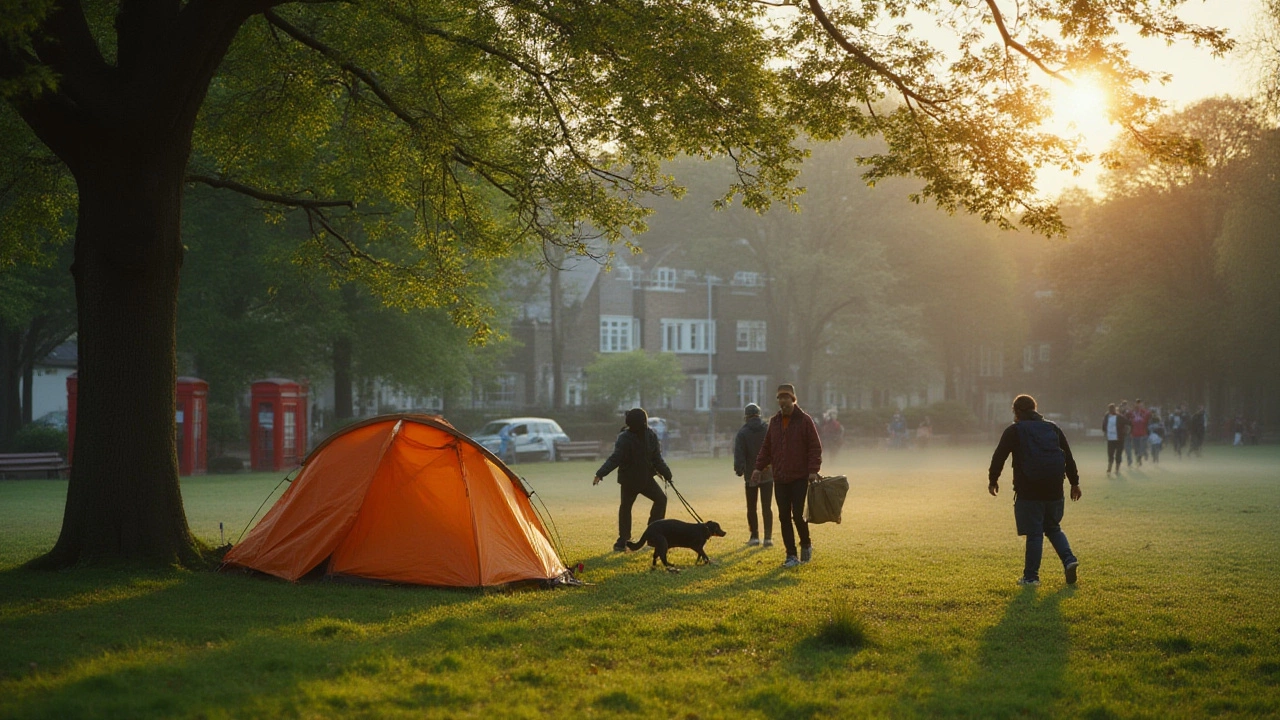UK Camping Regulations Explained – What You Need to Know
If you love sleeping under the stars, the first thing you should check is the law. The UK isn’t a free‑for‑all when it comes to pitching a tent, setting up a caravan, or even sleeping in your car. Knowing the basics saves you from costly fines and awkward encounters with rangers.
Wild Camping Rules Across the UK
Wild camping is legal in Scotland thanks to the Scottish Outdoor Access Code, but it’s mostly illegal in England, Wales, and Northern Ireland unless you have landowner permission. In England and Wales you’ll find a few loopholes – for example, you can stay on designated “open access” land, or use public footpaths for a short night‑time stop if there’s no sign forbidding it.
Most counties publish their own byelaws. In places like the Lake District, the local authority may fine you for camping on private land without consent. A quick search for “wild camping UK byelaws” before you head out can highlight hotspots that are actually okay.
Our post "Wild Camping Laws in the UK: Why Is Camping in the Wild Illegal?" breaks down why the rules differ and points you to the best legal spots.
Beach & Car Camping Guidelines
Camping on a beach looks tempting, but UK beach byelaws vary by council. In England, most beaches forbid overnight stays to protect wildlife and keep the area tidy. Wales allows a few beaches to be used for a night if you stay away from the dunes and follow the “leave no trace” rule.
For car camping, many UK campsites let you sleep in your vehicle in a designated parking bay. Outside a site, you can usually stay in a car on a motorist’s rest area for a few hours, but a full night is often prohibited. Our article "Sleeping in Your Car at UK Campsites: Rules, Tips, and the Real Experience" gives a quick rundown of where it’s allowed.
If you’re set on beach camping, check the local council website or look for “permitted beach camping” in our guide "Can You Sleep in a Tent on a UK Beach? Laws, Fines & Safer Options (2025)". It lists beaches that quietly tolerate a tent for one night, plus the fines you could face if you get caught.
Remember to pack a small shovel, a trash bag, and a portable toilet if the site lacks facilities. A clean campsite keeps the coast clean, and it keeps you out of trouble.
Overall, the key is: research, respect private land, and follow local signs. When you’re unsure, ask the landowner or park office – they’ll usually tell you the safest spot.
Ready to hit the road? Use these tips, skim the related posts for deeper details, and you’ll enjoy the freedom of UK camping without the hassle of fines.
Can You Pitch a Tent in a Public Park UK: Rules, Tips & What Campers Need to Know
Find out if you can camp in a public park in the UK, the rules you need to follow, and handy tips you won't want to miss. Stay legal and hassle-free.
